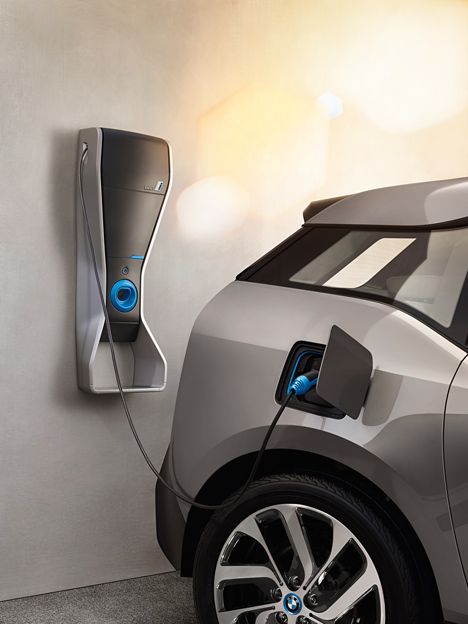


With the rising concern for environmental issues and the need for sustainable transportation options, the electric car industry is experiencing a revolution. As technology advances and more automakers invest in electric vehicles (EVs), the great electric car race is just beginning.
One of the main drivers behind the surge in popularity of electric cars is the growing awareness of their environmental benefits. Unlike traditional gasoline-powered vehicles, EVs produce zero tailpipe emissions, reducing air pollution and greenhouse gas emissions. This makes electric cars a crucial part of the global effort to combat climate change.
Moreover, electric cars offer significant cost savings in the long run. Although the initial purchase price of an EV may be higher than that of a conventional car, the lower operating and maintenance costs make up for it. Electric cars have fewer moving parts, which means less maintenance and lower repair costs. Additionally, the price of electricity is generally lower than fossil fuels, resulting in cheaper fueling costs.
Technological advancements have also played a key role in the growth of the electric car industry. Battery technology has improved significantly, allowing for longer driving ranges and shorter charging times. This has alleviated the range anxiety that potential buyers may have had in the past. As a result, the demand for electric cars has soared.
The race is not only among automakers but also between different countries. Governments around the world are implementing policies and incentives to accelerate the adoption of electric vehicles. Some countries, such as Norway and the Netherlands, have set ambitious targets to phase out the sale of new gasoline and diesel cars entirely within the next few decades. This has prompted automakers to ramp up their electric car production to meet the increasing demand.
In recent years, electric car sales have been growing at an impressive pace. According to the International Energy Agency, the number of electric cars on the road exceeded 10 million in 2020, and this number is expected to rise exponentially in the coming years. As more car manufacturers invest in the development of electric vehicles, the market is becoming more competitive.
However, challenges still exist for electric cars to become mainstream. The limited availability of public charging infrastructure is one major hurdle. Although the number of charging stations is increasing, there is still a need for further expansion to support the growing number of electric cars on the road.
Another challenge is the relatively high upfront cost of electric cars. Despite the long-term cost savings, the initial purchase price can deter some potential buyers. However, as technology advances and economies of scale are achieved, it is expected that the prices of electric cars will become more affordable.
In conclusion, the great electric car race is just beginning, and it is set to transform the automotive industry. With the increasing awareness of their environmental benefits, technological advancements, and government support, electric cars are paving the way towards a sustainable and greener future. As more players enter the market and overcome the challenges, the adoption of electric vehicles will continue to accelerate.